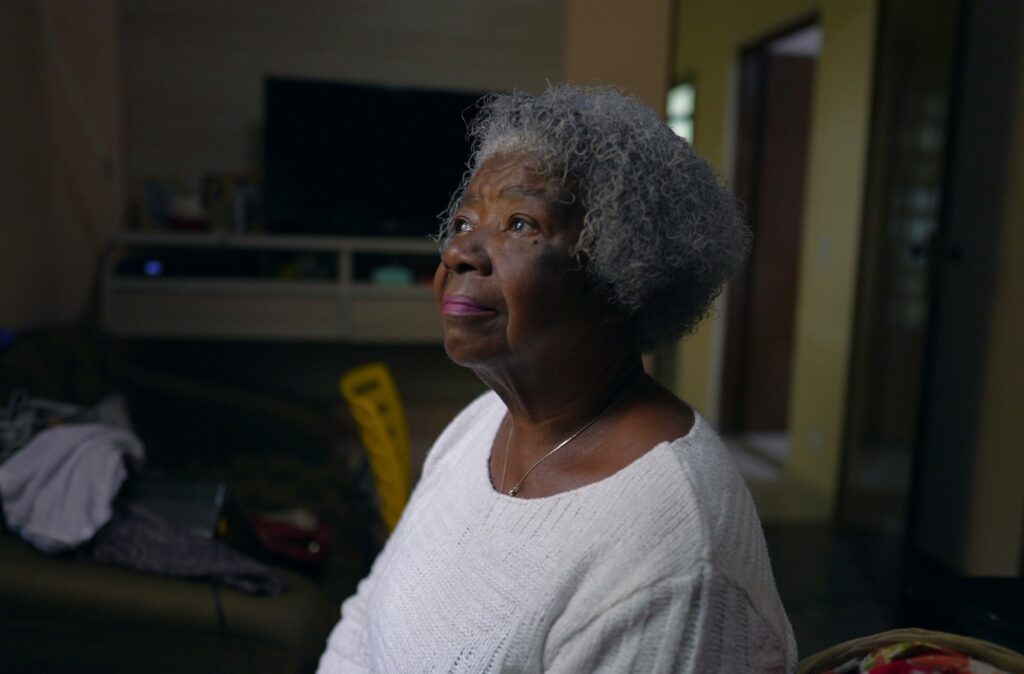As the weather cools and days get shorter this time of year, emotional changes often become more noticeable—especially for people already managing serious health conditions. For many families caring for someone at home, the fall season can add stress and make daily routines feel heavier. This is especially true when chronic illness or hospice care is involved. Psychiatric nursing services in Ohio can offer meaningful support. These services bring mental health care right into the home, helping people manage their emotions and avoid extra hospital visits. Often, physical symptoms take center stage, but emotional wellness is just as important for recovery and stability. Having support in familiar surroundings can help maintain balance and improve quality of life.
What Psychiatric Nursing Looks Like at Home
Psychiatric nursing at home may sound complicated, but in reality, it is simple and personal. A nurse with special training in mental health visits the home regularly, offering a steady presence. These visits can include medication management, gentle conversations about how someone is feeling, and careful observation for any signs of emotional distress.
Unlike a single clinic appointment or therapy session, in-home psychiatric care is woven into a person’s daily life. The nurse is there not just once, but often, so they can spot little changes as they happen. Was the person smiling more last visit? Did they eat breakfast today when they usually skip it? Are they spending more time alone? Noticing these details early can prevent small problems from becoming bigger crises.
Psychiatric nurses often work side by side with other members of the home care team, including physical therapists, aides, or hospice professionals. Together, they share updates so everyone understands both the physical and emotional sides of a person’s care. This team approach helps create a complete picture of how someone is doing.
These nurses are experienced in managing symptoms that can impact both body and mind. According to VNA of Ohio, in-home psychiatric services support medication management, emotional check-ins, and psychiatric assessments as part of an overall care plan. This helps reduce the chance that mental health changes will go unnoticed during regular care visits.
Emotional Benefits of Staying Home During Mental Health Recovery
For older adults or those in hospice care, the comfort of home cannot be overstated. Home is where they are surrounded by memories, familiar sights, and the people or pets they love. Hospitals can be confusing and stressful, especially when emotional health is already delicate. Fall and winter often make these feelings stand out, with shorter days and the pressure of the holidays.
Staying at home helps reduce that emotional stress. Everyday routines, friendly faces, and a personal space set the stage for emotional healing. This familiar environment can make it much easier for someone to express feelings or talk through difficult moments.
In-home psychiatric care blends seamlessly into this environment. There is no busy waiting room, just a nurse visiting in the living room or over a cup of tea. This gentle approach helps people feel less like patients and more like themselves.
Building emotional support into daily routines creates a sense of security—a small but important thing during tough seasons. Having a nurse who listens, observes, and checks in regularly means that any worries can be discussed quickly. Often, it just takes someone asking at the right moment for a person to share something they have been holding in.
How In-Home Psychiatric Care Can Reduce Hospital Visits
Changes in mental health rarely come with big warning signs. Instead, someone may become a bit quieter, act withdrawn, or lose interest in favorite activities. Left unnoticed, these small shifts can build until a crisis makes hospital care feel unavoidable. For those in hospice or coping with ongoing illness, avoiding an extra trip to the hospital can make a huge difference.
In-home psychiatric care steps in early. Nurses look for quiet signs: confusion that wasn’t there before, sudden sadness or frustration, or even a change in sleep patterns. When those signs show up, the nurse can offer gentle help, talk through routines, and connect with family or other care providers before a situation becomes an emergency.
Late October in Ohio often brings gray skies, chilly temperatures, and fewer chances to get outside. For many people, that leads to increased feelings of isolation or sadness. In these moments, regular visits from a psychiatric nurse offer comfort and presence. By just being there to listen or notice a bad day, the nurse can help prevent stress from becoming a crisis.
This early intervention reduces the need for hospital visits that might take someone away from their home just when they need it most. By focusing on the whole person and working closely with the family, psychiatric nursing services in Ohio play a role in maintaining emotional health throughout seasonal changes.
When Psychiatric Support at Home Becomes a Helpful Next Step
Not all changes in mood mean something serious, but small shifts in behavior can still point to a need for extra help. Families and caregivers should watch for:
– Less talking or less eye contact with family or caregivers
– More confusion, pacing, or trouble settling down, especially in the late afternoon or evening
– Falling behind on basic routines, like eating, getting dressed, or keeping clean
None of these signs mean there is an emergency, but they may be early signals that someone could use added support. It can be confusing to know exactly when to ask for help, and that is where regular conversation with care providers becomes key.
Families are encouraged to trust their instincts. Even subtle changes can matter. If someone you care for seems different, or if routines become stressful, a psychiatric nurse may be able to help find words for what is happening and talk through possible steps.
Supporting a loved one during a hard time is not about blaming or expecting quick solutions. It is about meeting them with kindness, patience, and the right kind of support, which often makes them feel less alone.
Why It Matters: Feeling Supported in Every Season
The change from fall to winter brings extra emotional weight for many families in Ohio, especially when paired with chronic illness or end-of-life care. Shorter days, cold weather, and a slower social pace can deepen feelings of stress or sadness. What once worked in spring or summer routines might need a little extra help now, and that is where consistent in-home care becomes so valuable.
Steady support is at the heart of psychiatric nursing services in Ohio. With regular home visits, careful observation, and gentle conversations, these nurses help keep hospital trips to a minimum and emotional health a top priority. Their presence makes it easier for families to notice changes, talk openly, and care for both the body and mind.
Balancing emotional wellness in the comfort of home becomes more possible with the right support. Hospital visits may never feel welcome, but with trusted in-home psychiatric care, many can be avoided. Instead, more moments are spent in a place that feels safe, familiar, and truly their own.
At VNA of Ohio, we understand how emotional health can shift during the quieter months, especially for those receiving care at home. For individuals managing serious illness or approaching end-of-life, feeling emotionally supported matters just as much as physical comfort. That’s why we offer steady care through psychiatric nursing services in Ohio, bringing peace of mind right to the doorstep. If someone close to you seems more withdrawn, anxious, or unsettled lately, we’re here to talk through what gentle support at home could look like.







